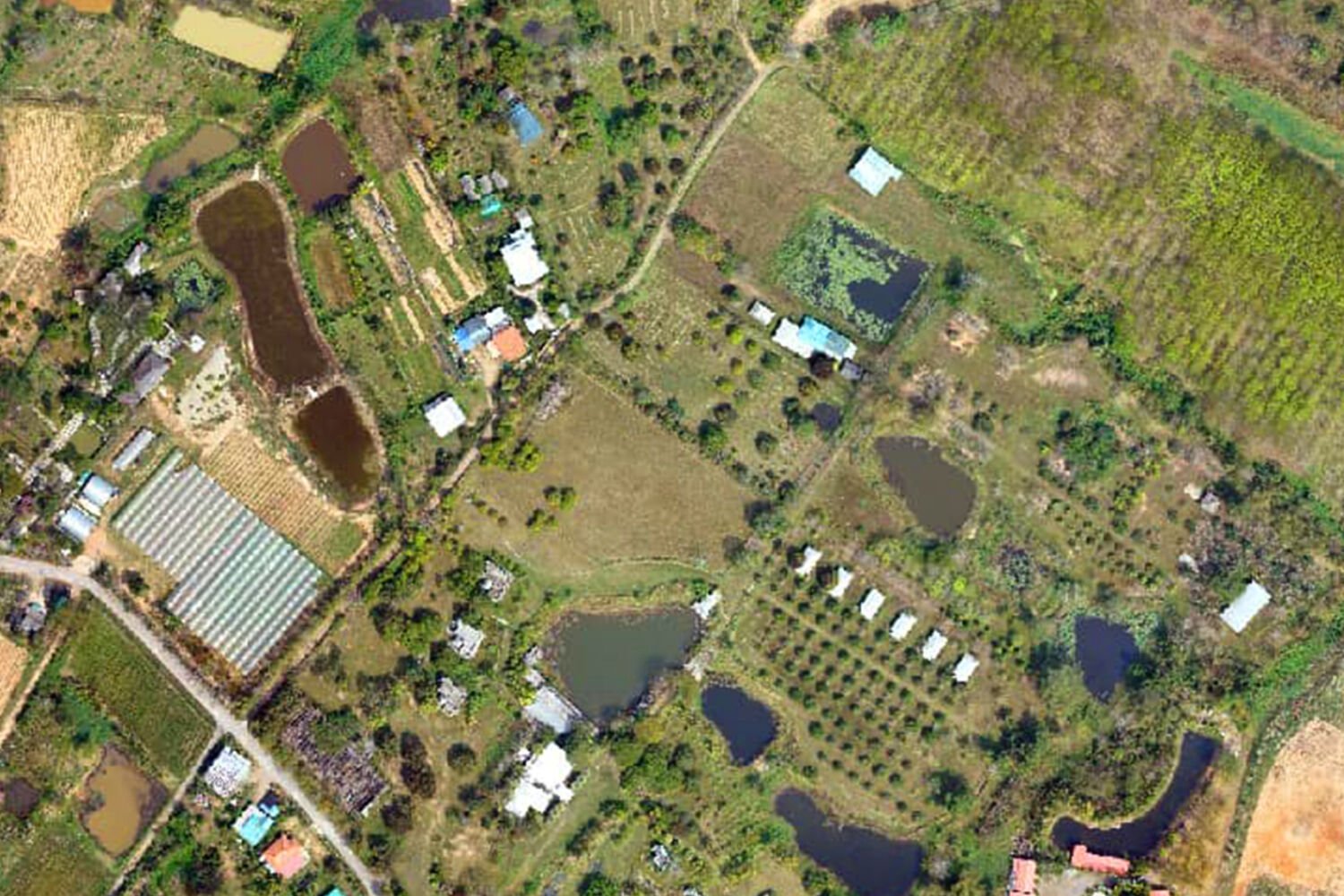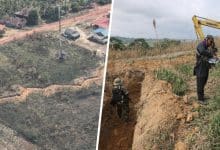Call to pause new national parks amid Thap Lan land conflict

The People’s Movement for a Just Society (P-Move) has called on the Natural Resources and Environment Ministry to pause the designation of new national parks, urging that the conflicts within Thap Lan National Park be resolved by fostering a harmonious coexistence between humans and nature.
Natural Resources and Environment Minister Chalermchai Sri-on, on his first day in office, announced plans to leverage his expertise in agricultural land reform to address forest land disputes. He expressed confidence that the results of these efforts would soon be evident.
Responding to the minister’s statement, P-Move secretary-general Theeranet Chaisuwan expressed the group’s support for Chalermchai’s initiative to resolve long-standing land conflicts in Thap Lan.
Theeranet pointed out that unclear boundary lines, caused by overlapping jurisdictions of various government agencies, have worsened these issues.
Amid growing public concern about climate change, forest land activities deemed wrongful are often blamed on local inhabitants, who are seen as contributors to deforestation.
P-Move maintains that local people should not be separated from the forest land they have long inhabited. However, Theeranet emphasised the need for clear boundaries aligned with principles of forest conservation and preservation.
“From the Thap Lan case, it is obvious that the voices of outsiders were louder than the locals living in the area,” Theeranet remarked.
In July, the Department of National Parks, Wildlife and Plant Conservation conducted an online public poll regarding the redesignation of 265,000 rai of land at Thap Lan National Park. This redesignation had been approved by the Cabinet over a year ago, on March 14, 2023.
The proposal for the redesignation was advanced by the Office of the National Land Policy Board (ONLPB) following updates to the boundary lines of state land plots. This was part of the government’s initiative to consolidate various land mapping systems into a One Map system, adopted in 2000.
The July poll revealed significant opposition, with 879,595 out of 922,898 voters disagreeing with the ONLPB’s proposed adjustment. Many feared that if the land were transferred to the Agricultural Land Reform Office, it could eventually be sold to investors, reported Bangkok Post.
Theeranet argued that regulations must be amended to ensure that only stakeholders, particularly locals, are allowed to vote on such issues.
Latest Thailand News
Follow The Thaiger on Google News:


























